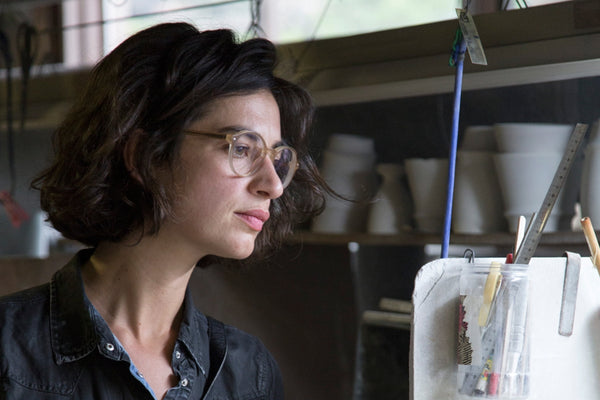
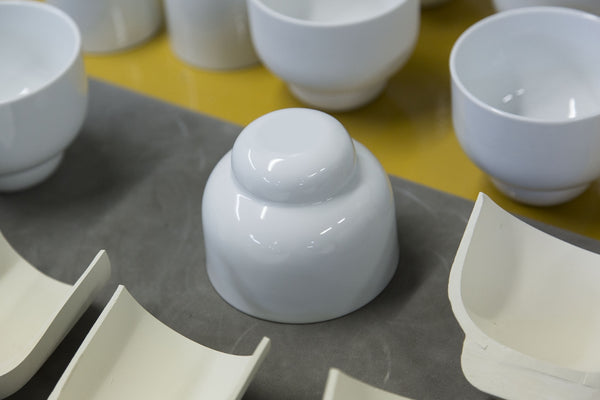
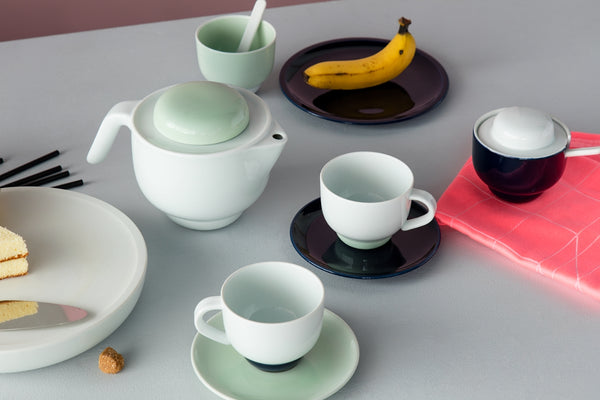
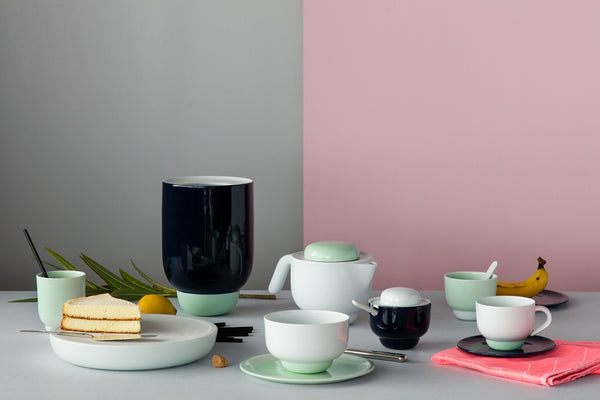
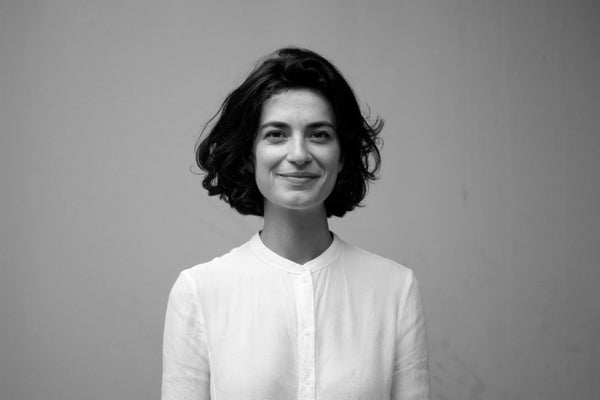





Pauline Deltour
有田特有の製造技術が、フランス人デザイナー、ポーリーン・デルトゥアに多大なインスピレーションを与えました。伝統的な日本の器に残る高台をデザインモチーフにすることで、特徴的な印象を持ったシリーズが生まれました。彼女は、自身のコレクションのために、形とプロポーション、容量と扱い方における適切なバランスを探ろうと、アジアとヨーロッパの日々の生活で使われるカップやお皿の類型論を学びました。またダークブルー、煉瓦色、青磁など伝統的な日本の磁器から見つけた釉薬の色が、彼女によって新鮮な方法で用いられています。
パリでアプライドアート& デザインを学んだ後、ENSAAMA でデザインを学ぶ。2006 年~2009 年までKonstantinGrcic Industrial Design(ドイツ)でプロジェクトリーダーに従事した後に独立。2010 年 からパリを拠点に活動する。インテリアプロダクトを中心に、テーブルウェア、バッグ、ステーショナリー、アクセサリーなどのデザインを行う。また、近年は 公共スペースのデザインやコミッションワークも手がける。制約の中で、与えられた素材の可能性を追求し、これまでになかった新しいデザイン言語を創造する と同時に、日常の領域に変換するという事に重要性を置いたデザインアプローチを行い、国際的な評価を受ける。
Collection
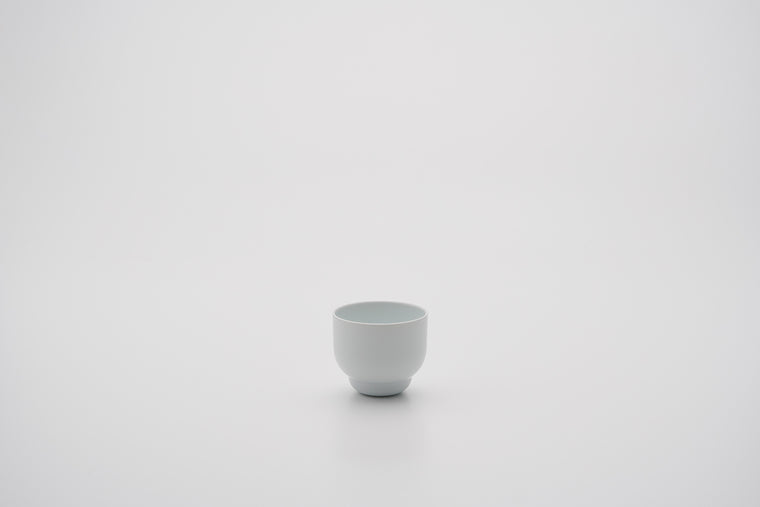
Coffee Cup / White
¥2,200(taxin)
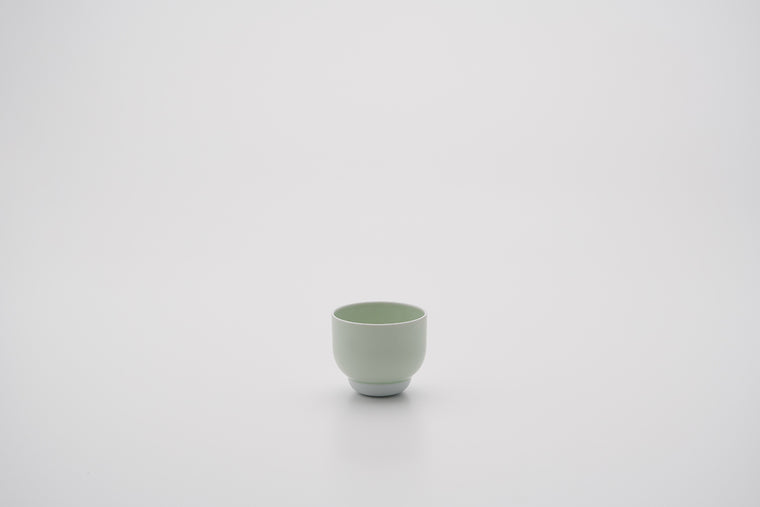
Coffee Cup / Celadon/White
¥2,420(taxin)
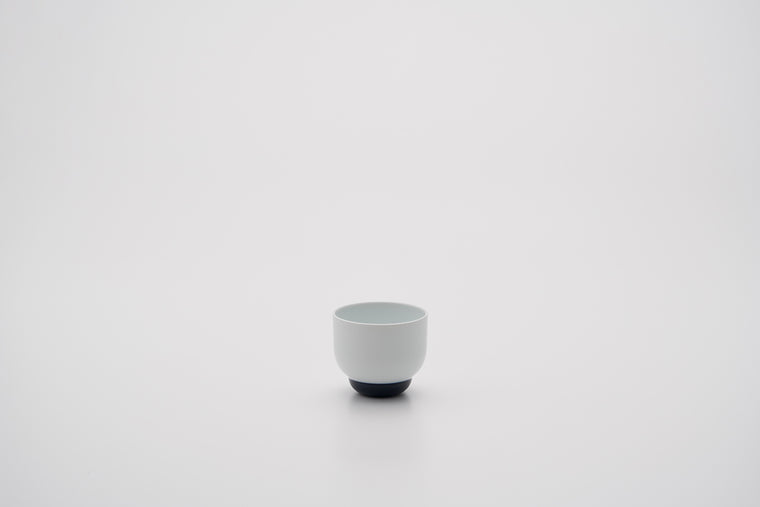
Coffee Cup / White/Dark Blue
¥2,420(taxin)
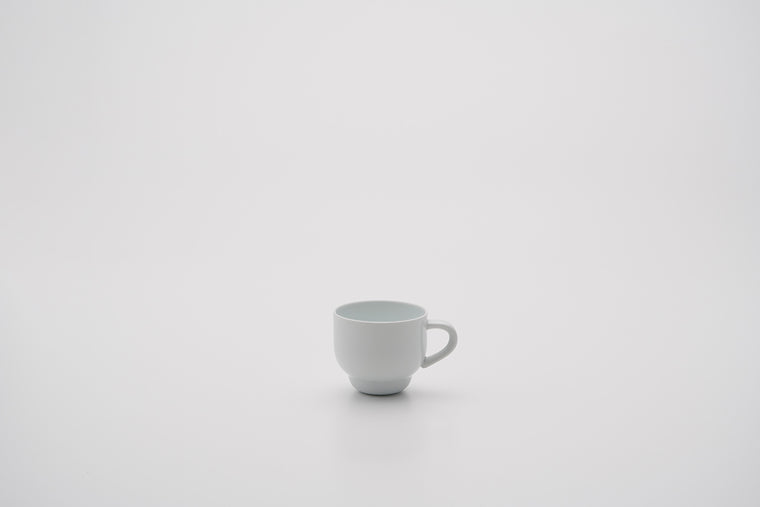
Coffee Cup with Handle / White
¥2,970(taxin)
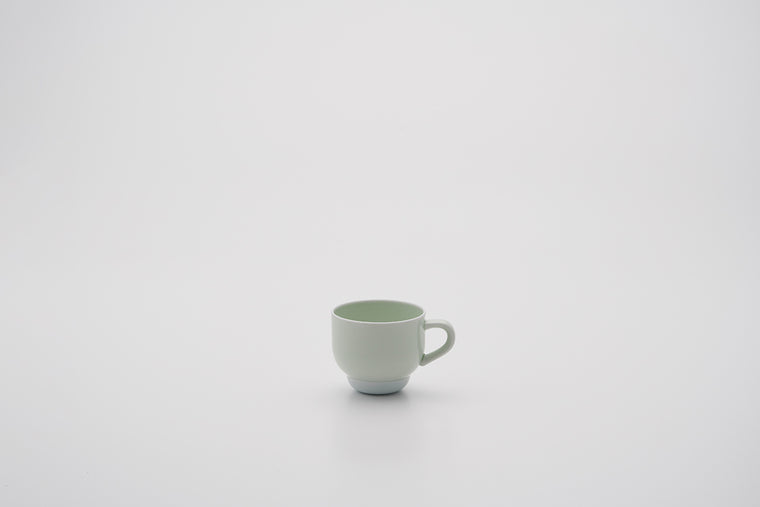
Coffee Cup with Handle / Celadon/White
¥3,520(taxin)
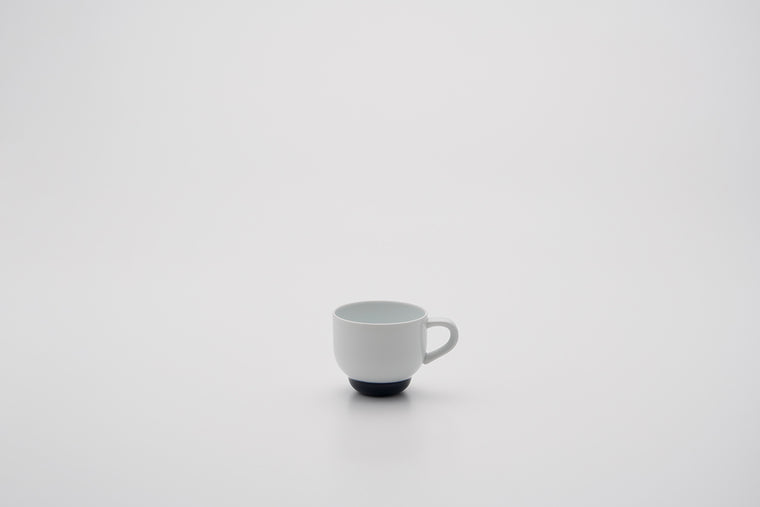
Coffee Cup with Handle / White/Dark Blue
¥3,520(taxin)
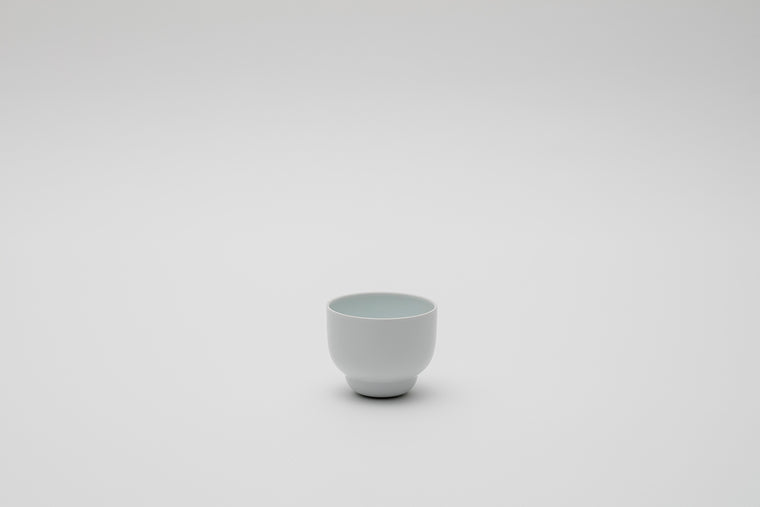
Cup S / White
¥2,750(taxin)
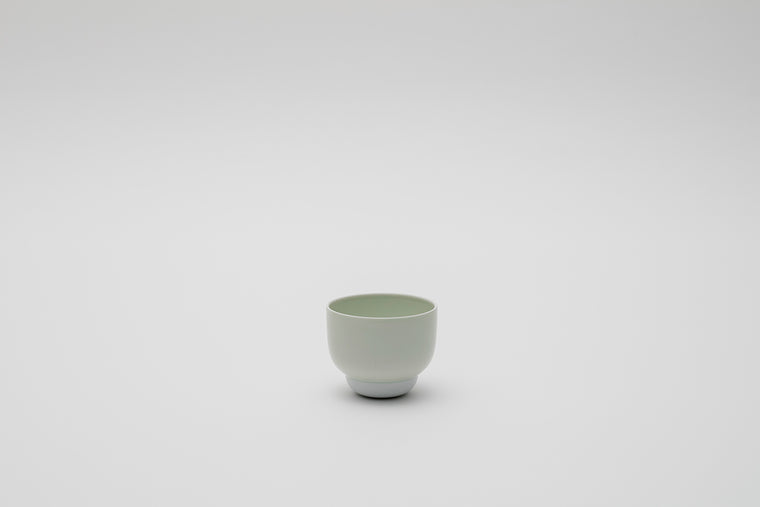
Cup S / Celadon/White
¥3,300(taxin)
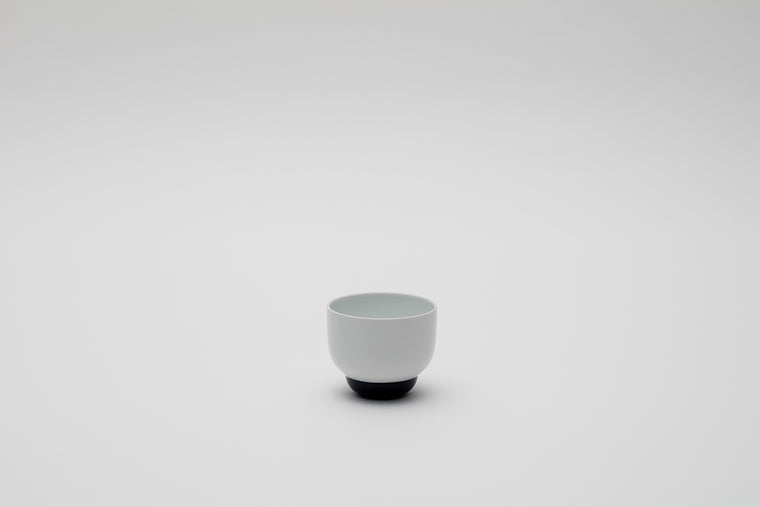
Cup S / White/Dark Blue
¥3,300(taxin)
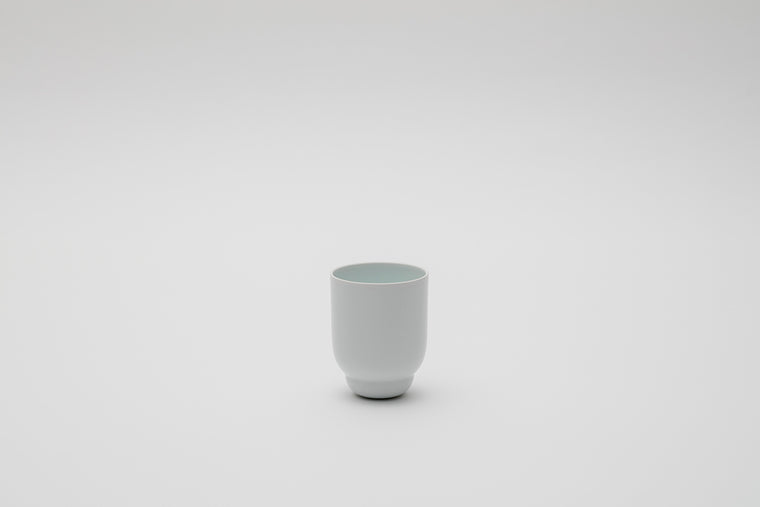
Cup L / White
¥2,750(taxin)
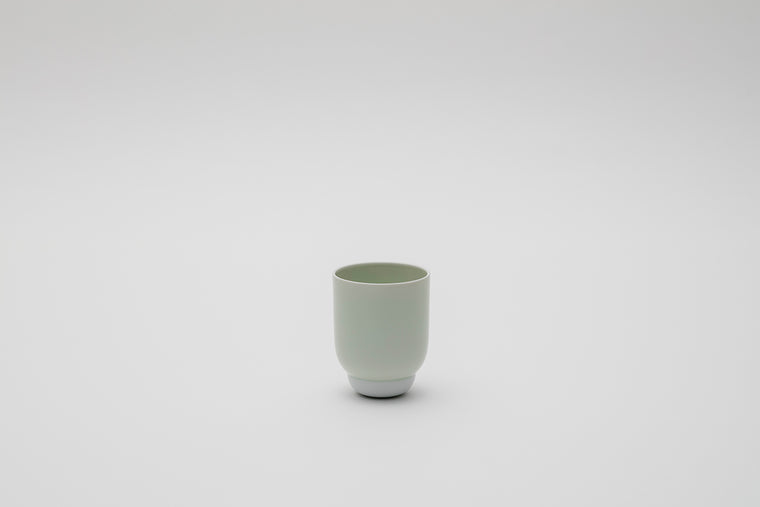
Cup L / Celadon/White
¥3,300(taxin)
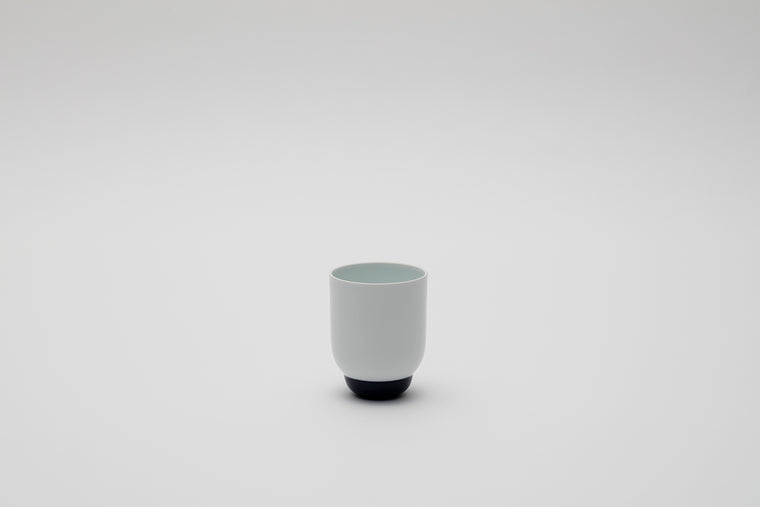
Cup L / White/Dark Blue
¥3,300(taxin)OUT OF STOCK
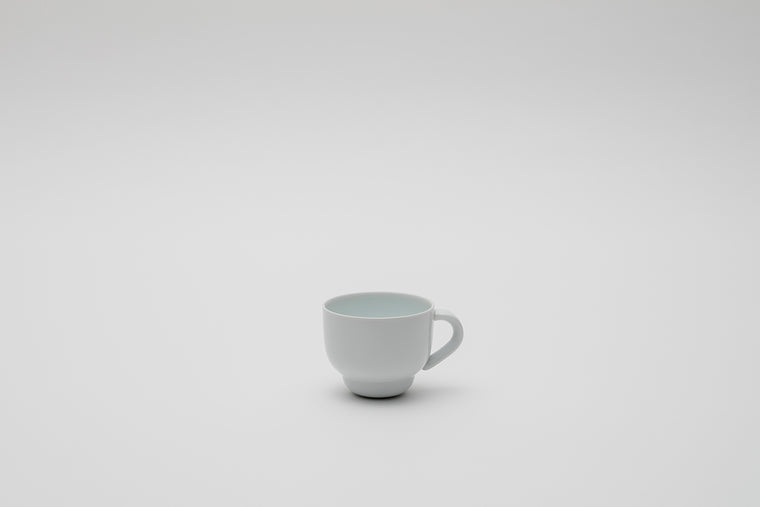
Tea cup / White
¥3,740(taxin)
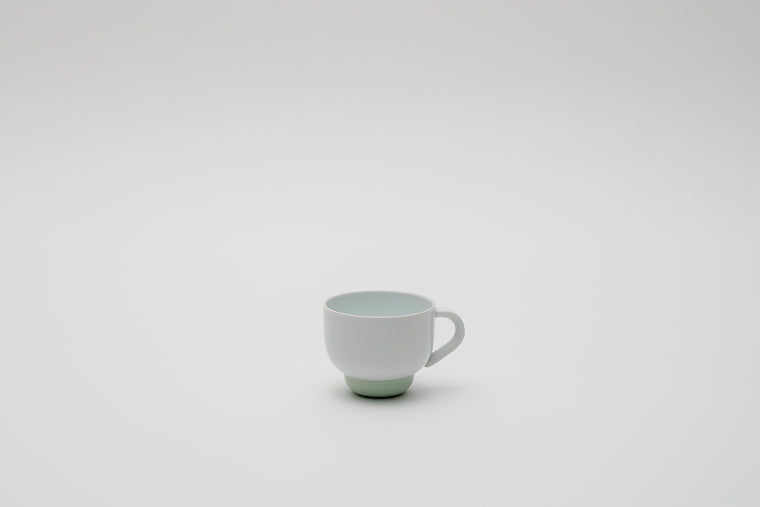
Tea cup / White/Celadon
¥4,180(taxin)OUT OF STOCK
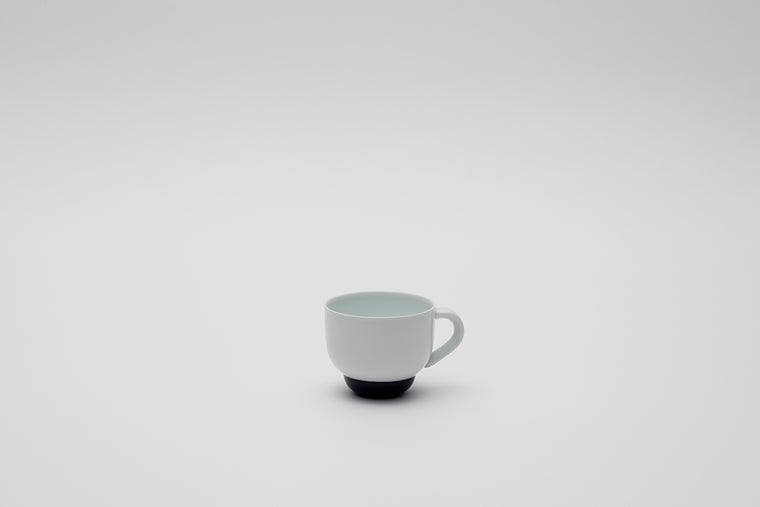
Tea cup / White/Dark Blue
¥4,180(taxin)
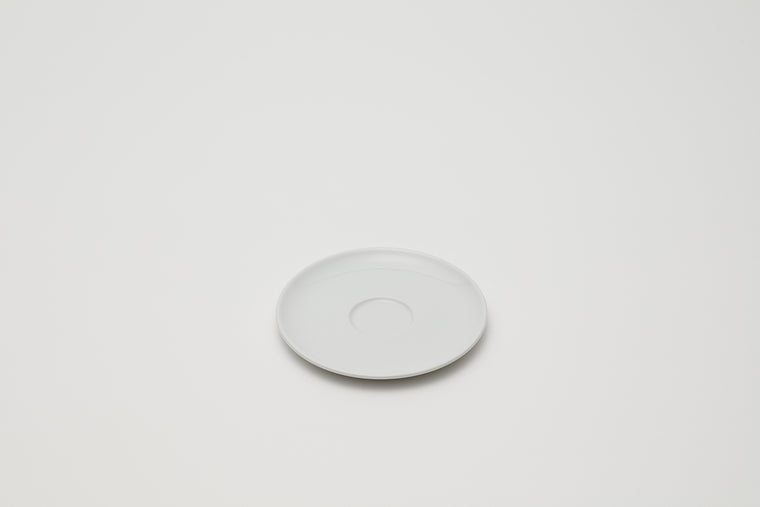
Saucer / White
¥1,980(taxin)
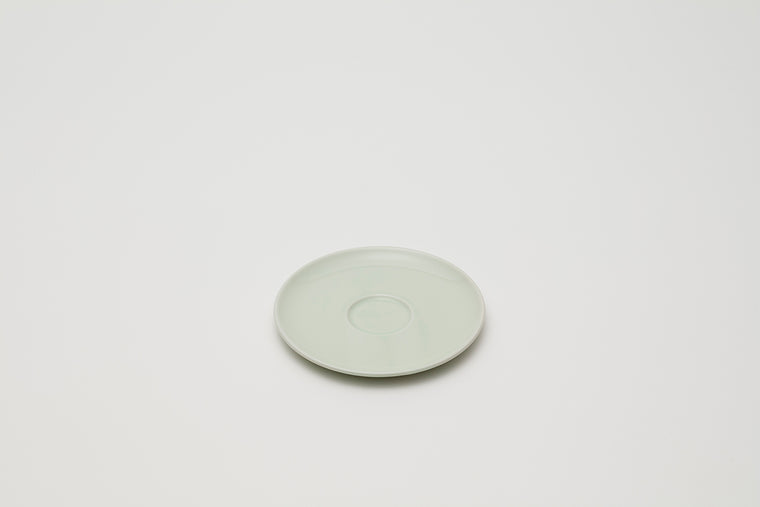
Saucer / Celadon
¥1,980(taxin)
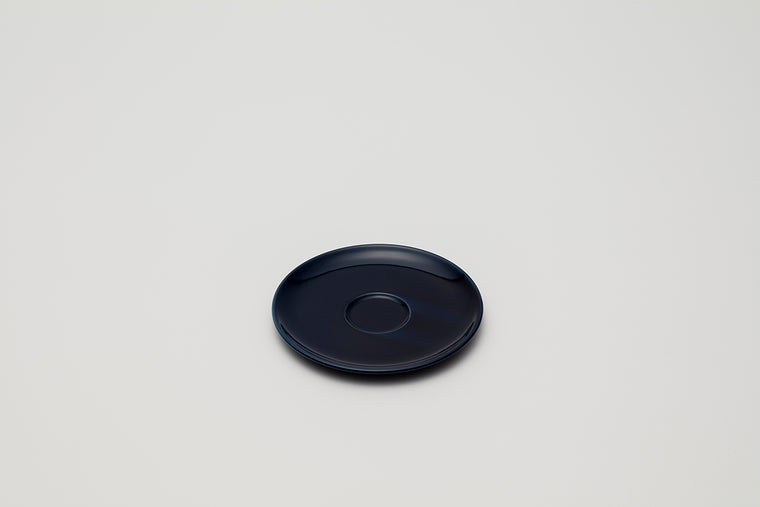
Saucer / Dark Blue
¥1,980(taxin)OUT OF STOCK
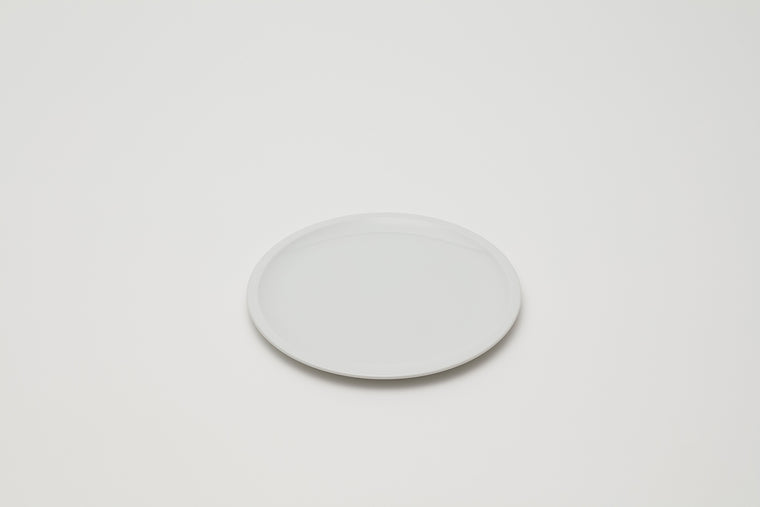
Plate / White
¥3,190(taxin)
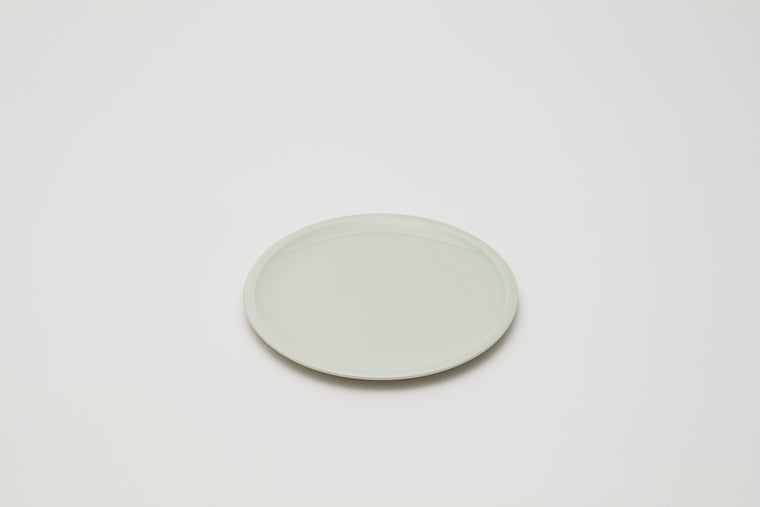
Plate / Celadon
¥3,190(taxin)
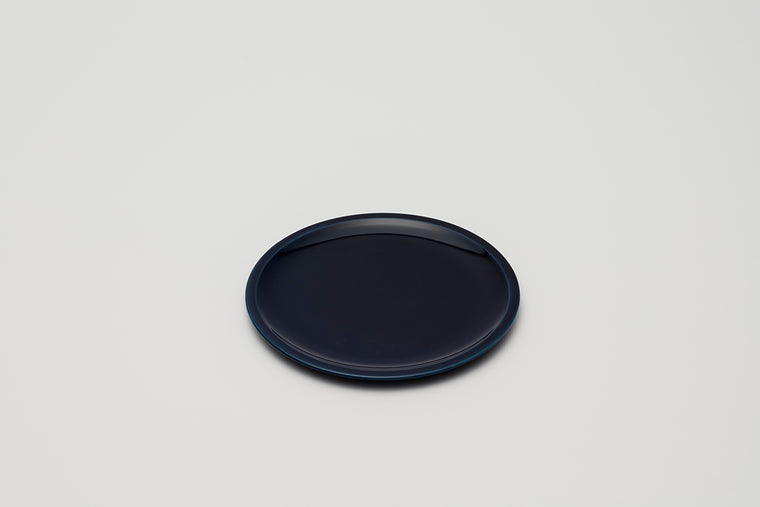
Plate / Dark Blue
¥3,190(taxin)
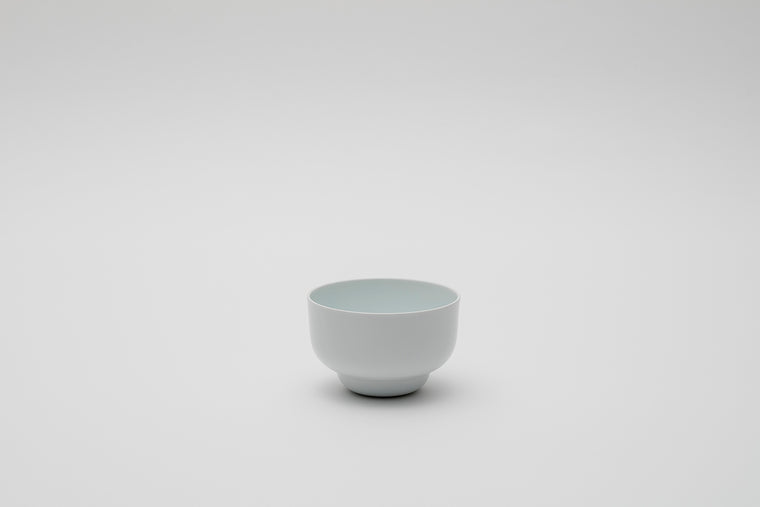
Bowl 120 / White
¥3,850(taxin)
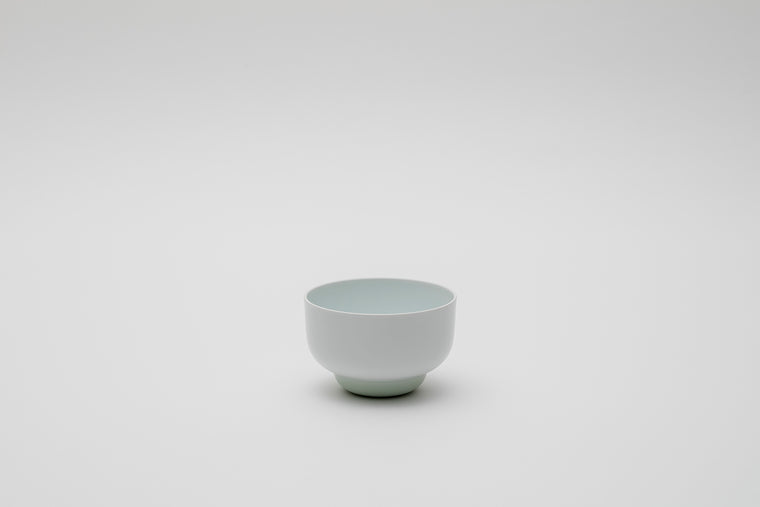
Bowl 120 / White/Celadon
¥4,290(taxin)
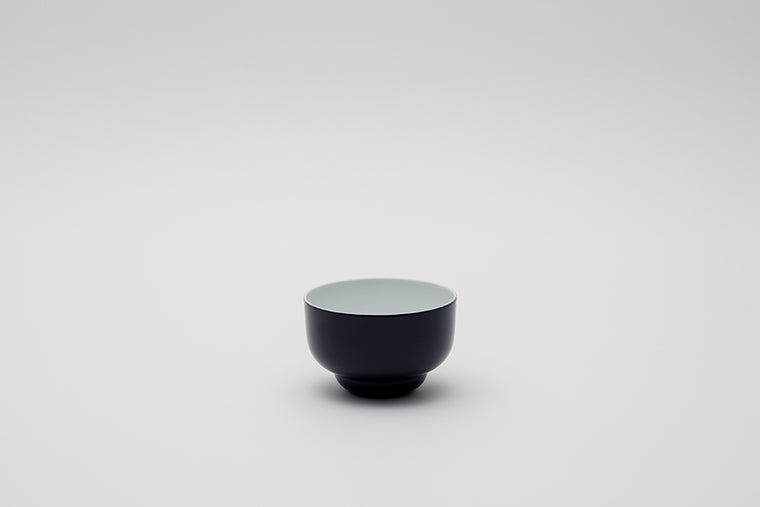
Bowl 120 / Dark Blue
¥4,290(taxin)
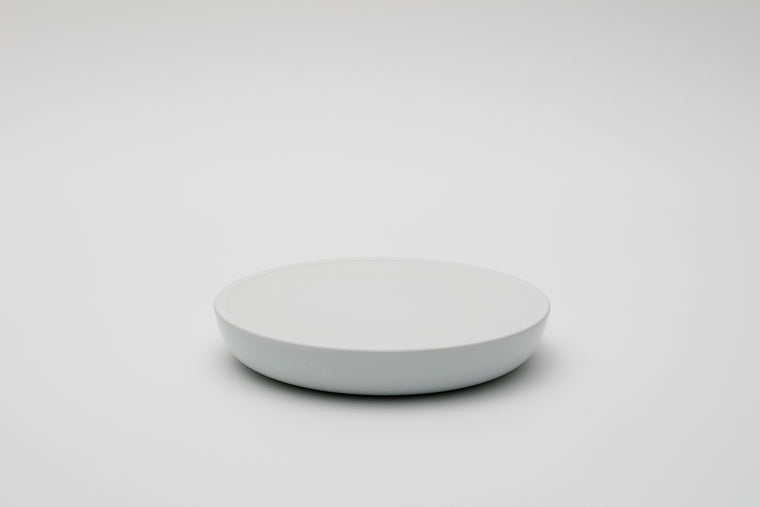
Tray / White
¥24,200(taxin)
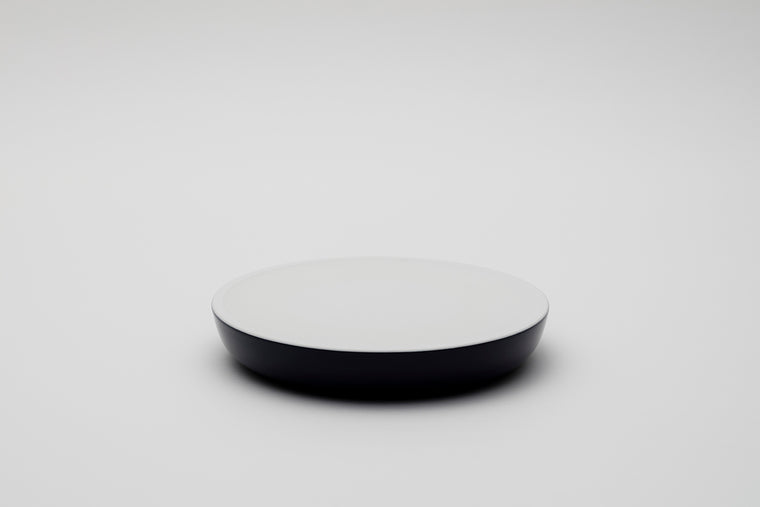
Tray / Dark Blue
¥24,200(taxin)
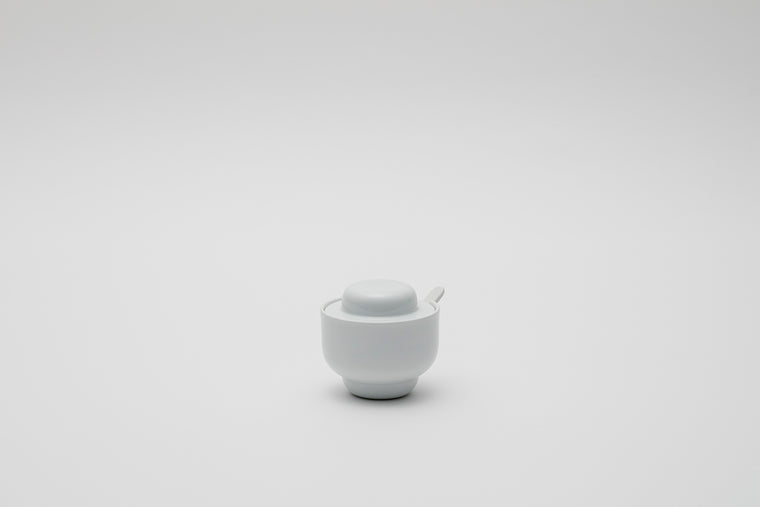
Sugar Pot / White
¥6,930(taxin)
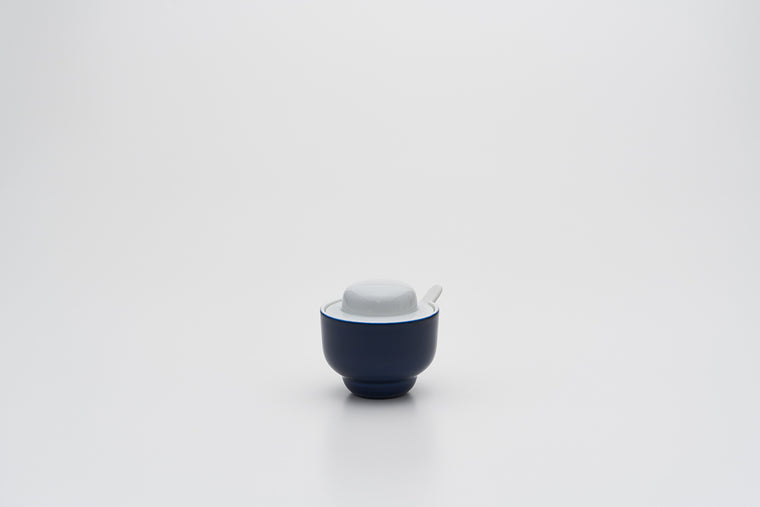
Sugar Pot / White/Blue Black
¥7,480(taxin)
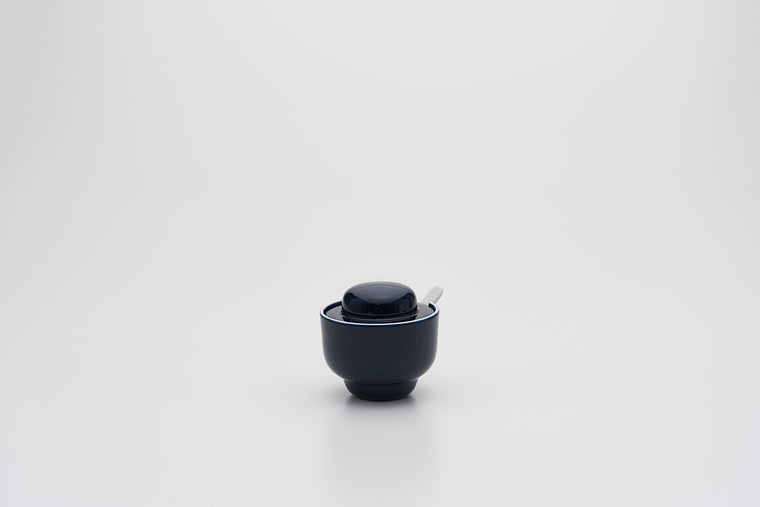
Sugar Pot / Dark Blue
¥7,480(taxin)
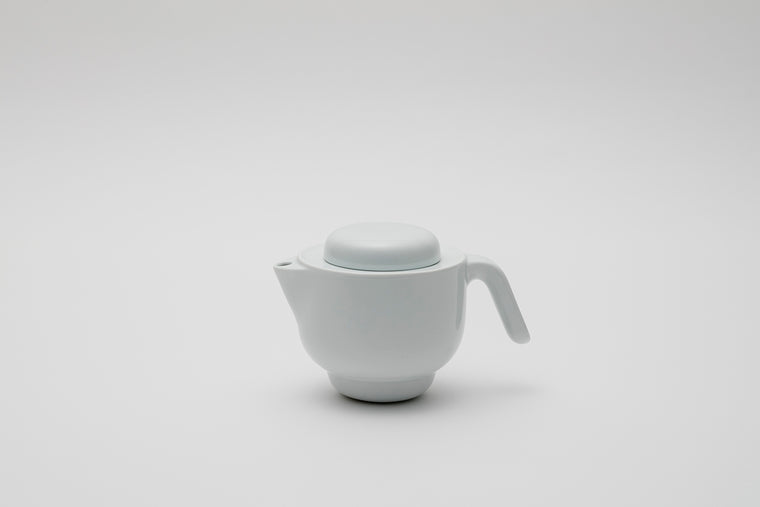
Tea Pot / White
¥18,700(taxin)
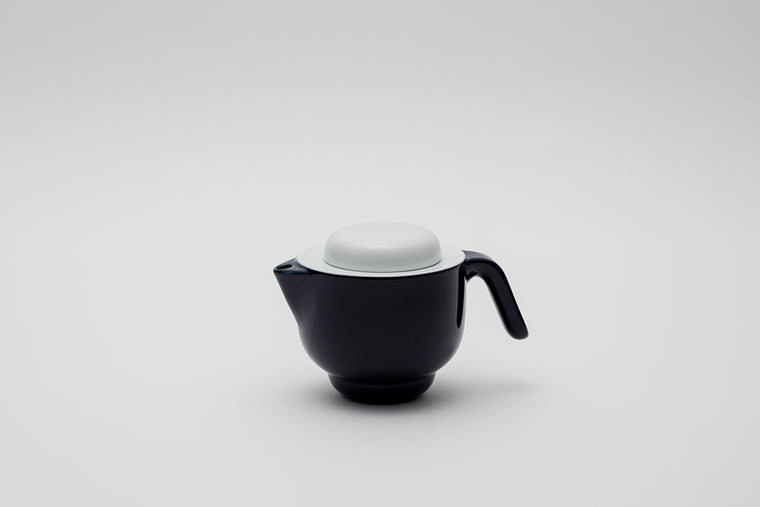
Tea Pot / White/Dark Blue
¥20,900(taxin)
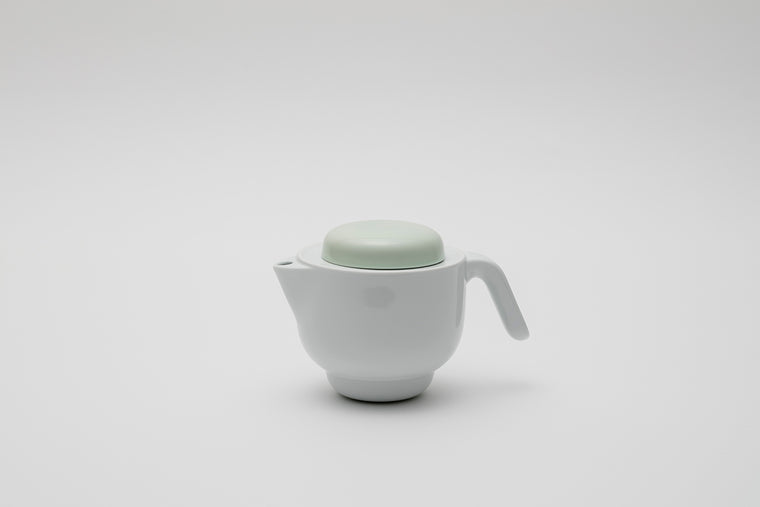
Tea Pot / Celadon/White
¥20,900(taxin)
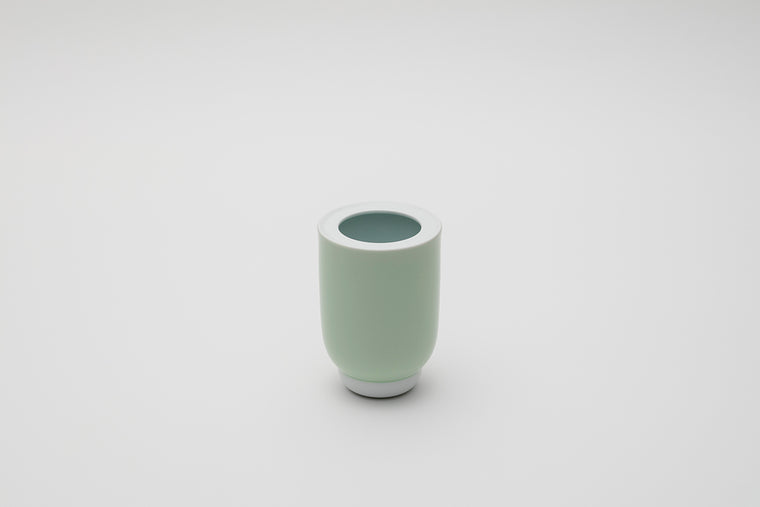
Flower Vase S / White/Celadon/White
¥7,480(taxin)OUT OF STOCK
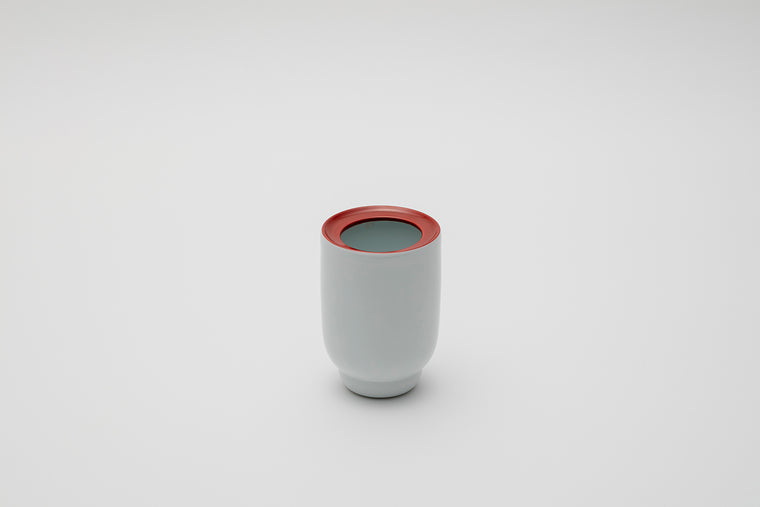
Flower Vase S / Red/White/White
¥7,920(taxin)
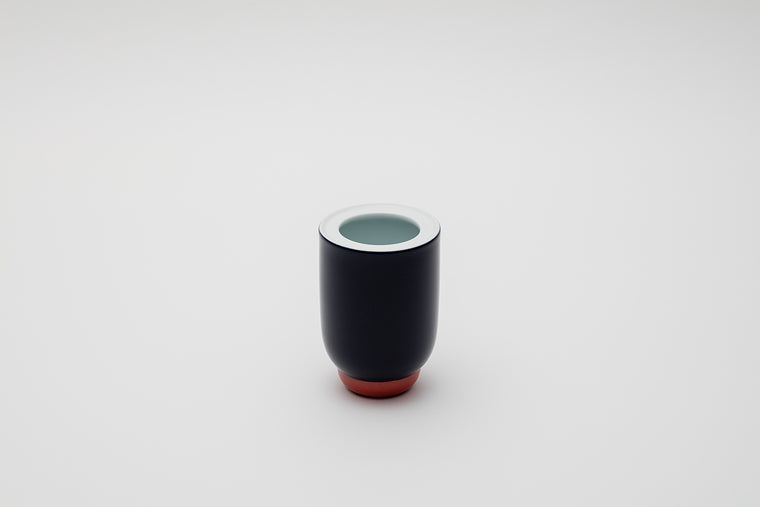
Flower Vase S / White/Dark Blue/Red
¥8,360(taxin)OUT OF STOCK
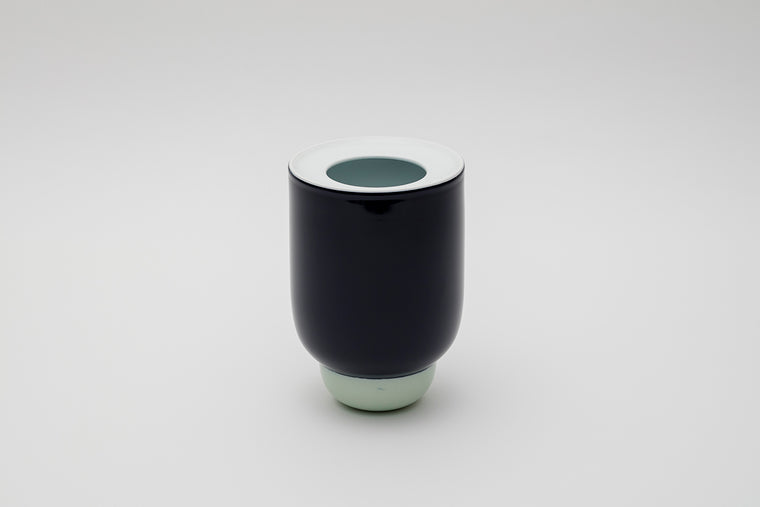
Flower Vase L / White/Dark Blue/Celadon/
¥41,800(taxin)OUT OF STOCK
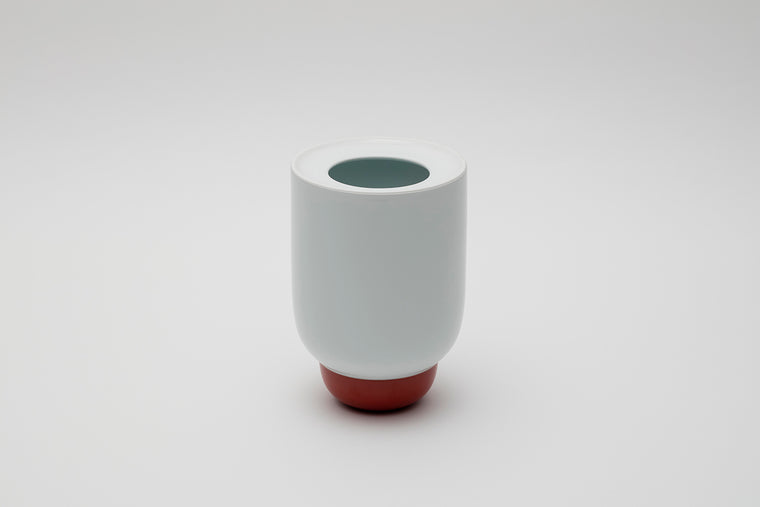
Flower Vase L / White/White/Red
¥41,800(taxin)
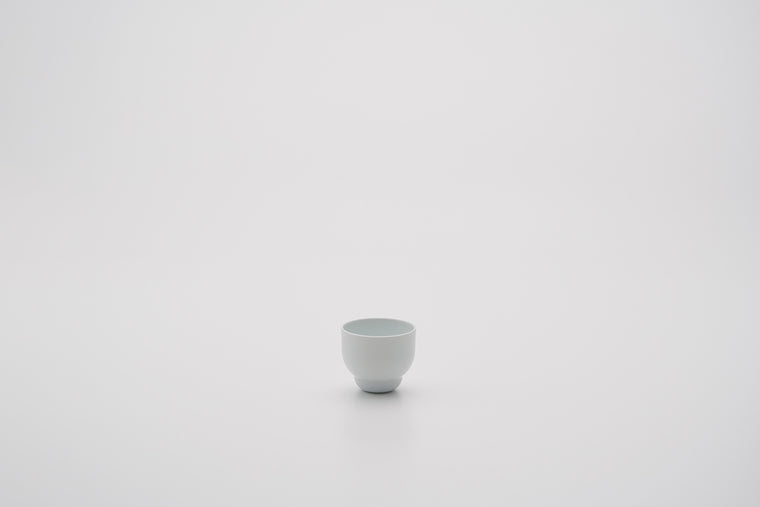
Espresso Cup / White
¥1,320(taxin)
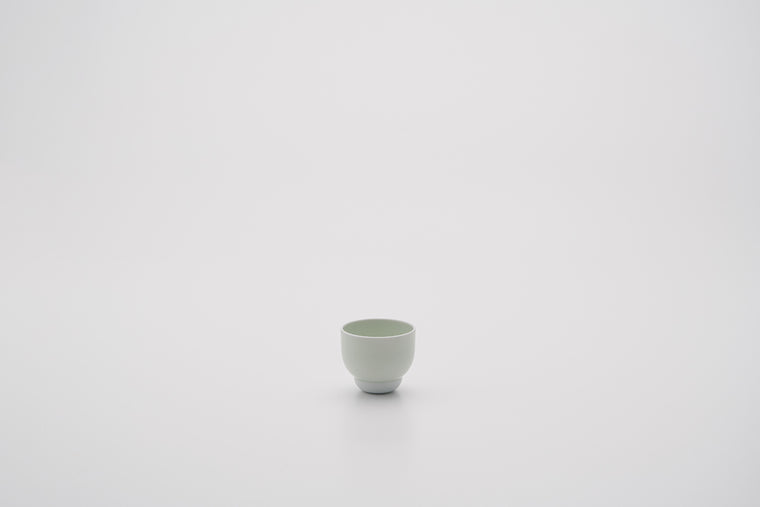
Espresso Cup / Celadon/White
¥1,760(taxin)
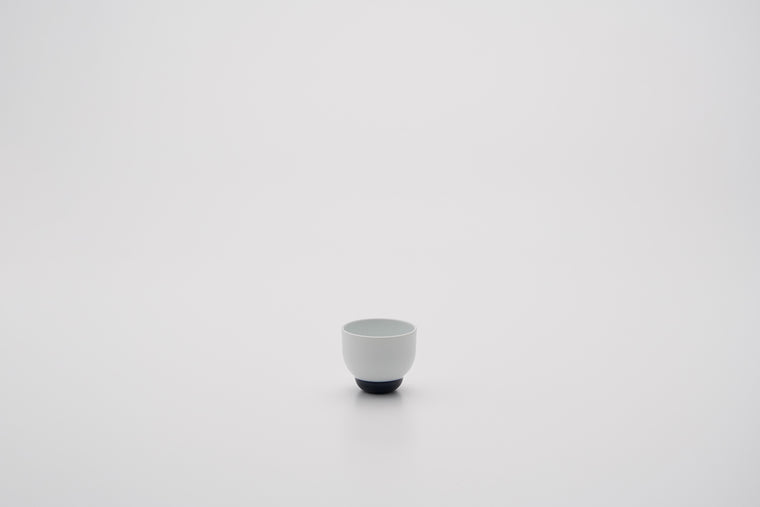
Espresso Cup / White/Dark Blue
¥1,760(taxin)
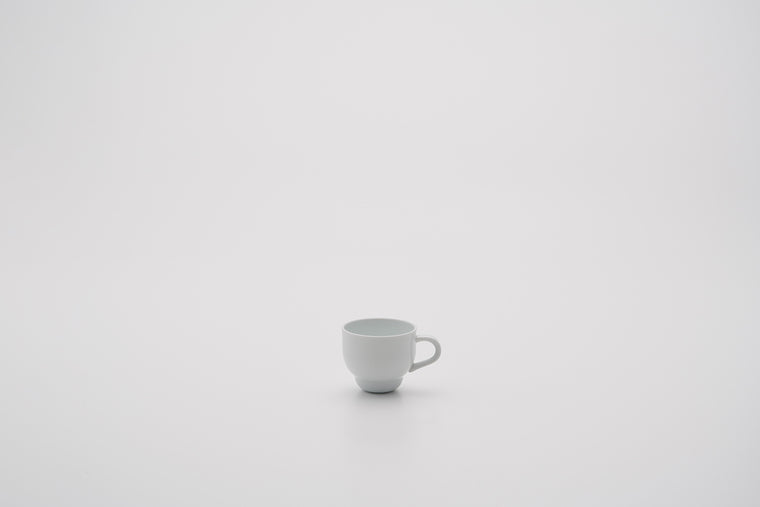
Espresso Cup with Handle / White
¥2,200(taxin)
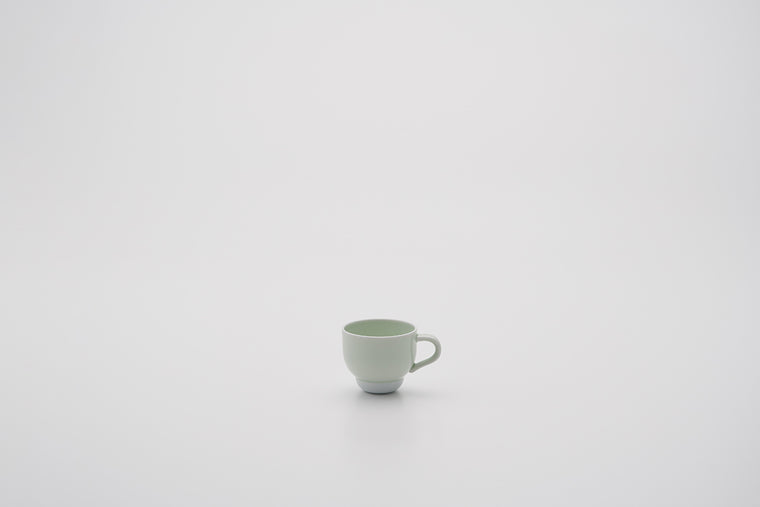
Espresso Cup with Handle / Celadon/White
¥2,420(taxin)
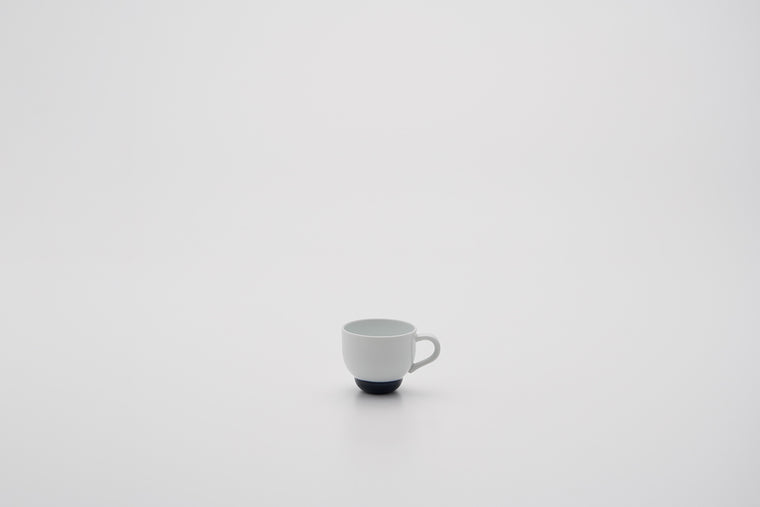
Espresso Cup with Handle / White/Dark Blue
¥2,420(taxin)
VIEW MORE